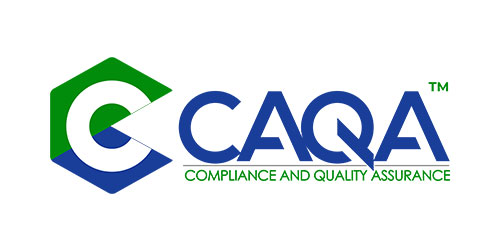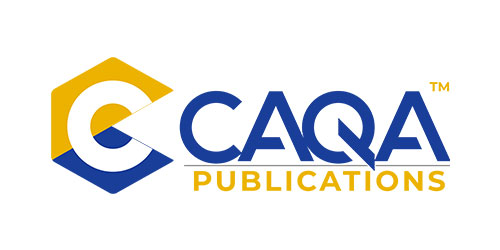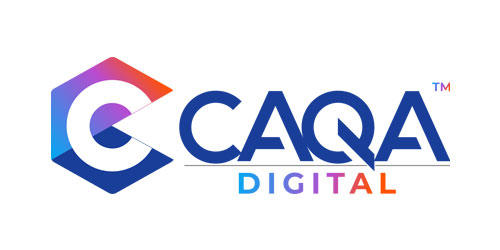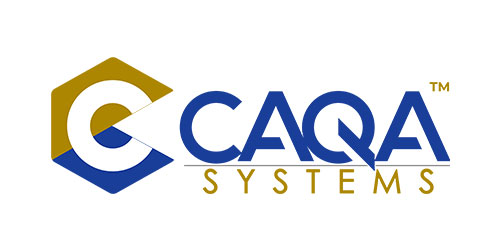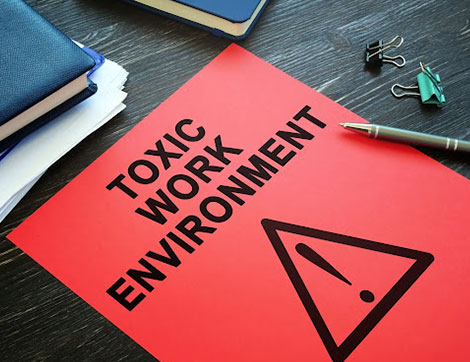Message from the CEO (27 June 2022)
Message from the CEO The VET Sector is an online magazine and newsletter that is dedicated to providing information, resources, and articles for all stakeholders of Registered Training Organisations (RTOs). In each edition, we cover topics that are relevant and important to RTOs, such as compliance, resources, and best practices. Our goal is to provide […]
Read MoreAn operational plan for your training organisation
An operational plan is a document that outlines the key components of a training organisation’s operations. It includes information on the organisation’s structure, staffing, facilities, equipment, and procedures. An operational plan is an important tool for ensuring that a training organisation runs smoothly and efficiently. A training organisation needs an operational plan in order to […]
Read MoreA strategic plan for your training organisation
A strategic plan is a roadmap for an organisation’s journey to success. It sets out the organisation’s goals and how it intends to achieve them. A strategic plan is essential for any training organisation that wants to grow and be successful. Without a strategic plan, a training organisation is likely to flounder. Its goals will […]
Read MoreThe four key pillars of the strategic plan for a training organisation
As an RTO, it is important to have a strategic plan in place in order to ensure continued success. The four key pillars of a successful RTO’s strategic plan are quality, innovation, service, and growth. These pillars are essential in ensuring that the organisation can provide effective training that meets the needs of its clients. […]
Read MoreWhy does the regulatory legislation change frequently?
As a training organisation in Australia, it is important to stay up-to-date with the latest changes in regulatory legislation. This is because the regulatory environment in Australia is constantly changing, and new legislative requirements are introduced on a regular basis. The rapidly changing regulatory landscape for training organisations in Australia can be attributed to a […]
Read MoreWhat to do when legislation changes.
When a new law or regulation is enacted that affects the operation of training organisations in Australia, it is important to take steps to ensure compliance. Depending on the nature of the change, this may involve modifying existing policies and procedures, developing new ones, or both. There are a number of ways to stay up-to-date […]
Read MoreMaintain compliance and regulatory register to record legislation change
You can be asked by the regulatory body to demonstrate how you identify legislation change, what you did to demonstrate compliance and how the information related to legislation and regulatory changes and their impact on the training organisation was communicated to the RTO stakeholders so that everyone stays up-to-date within your training organisation. SRTOs 2015 […]
Read MoreCheck yourself before you wreck yourself.
When it comes to compliance, it’s always better to be proactive than reactive. That’s why training organisations need to conduct regular internal audits in order to ensure that their practices are up to par. By doing so, they can avoid the potential consequences of non-compliance, which can include hefty fines and damage to their reputation. […]
Read MoreSet boundaries, establish guidelines, and work within them.
Organisations providing training services have a responsibility to ensure that their activities are carried out in a manner that is compliant with the expectations of the relevant regulatory bodies. This includes setting boundaries and establishing guidelines for staff and clients. As a training organisation, it’s important to set boundaries and establish guidelines. This will help […]
Read MoreOperate from a position of compliance.
The Australian Vocational Education and Training (VET) regulatory framework is dynamic. There are regular changes to standards, requirements and conditions. As a provider of training services, you need to stay up-to-date with these changes to ensure you continue to operate from a position of compliance. Here’s a breakdown of some key areas relating to compliance […]
Read MoreCompliance is more than just following rules and regulations.
Organisations today face an increasingly complex regulatory environment. To meet their compliance obligations, they need to have a strong compliance program in place. Compliance is a process, a mindset, a culture, and a team effort. It’s continuous, and it’s about more than just following rules and regulations. It’s about risk management, people, and communication. When […]
Read MoreThe students deserve to be treated as more than just a revenue stream
It is no secret that the cost of living in Australia is high. This is especially true for students, who often have to take on part-time jobs in addition to their studies just to make ends meet. Unfortunately, this means that they are often treated as nothing more than a revenue stream by both the […]
Read MoreAustralia has the world’s second-worst skills crisis.
According to a new analysis, businesses in Australia are in the midst of a skills crisis, and the country ranks second-worst among industrialised and developed nations for its lack of trained skilled workers. This places Australia in the middle of a skills crisis. As of the end of the March quarter, roughly three per cent […]
Read MoreWorking in a toxic workplace can lead to serious health problems.
It’s no secret that working in a toxic work environment can have serious consequences for your health. From anxiety and depression to physical health problems, the effects of a toxic workplace can be far-reaching and devastating. When talking about a “toxic work environment”, what comes to mind for most people are things like office politics, […]
Read MoreThe complaint management processes for a training organisation
It is a requirement of the Standards for RTOs 2015 that all Registered Training Organisations (RTOs) have a system in place to manage complaints. This means having procedures and processes in place to handle any complaints made by learners, employees, employers, and other members of the public. The system should be accessible to all stakeholders […]
Read MoreCustomer complaints are your opportunity to drive continuous improvement
There is no organisation that isn’t subject to complaints from time to time. In the case of Registered Training Organisations (RTOs), complaints are governed by the Standards for RTOs 2015. Standard 6 requires RTOs to have a system in place for managing complaints. While it’s obviously important to deal with complaints in a timely and […]
Read MoreInterview with Shiv Jaidka, CA, RTO Accounts
Profile: With 14+ years of experience, specialising in providing accounting and taxation services to RTOs and VET industry, we can help you with RTO’s financial reporting and tax compliance to eliminate the stress and confusion of meeting your ATO compliance. We can help you with the cash flow budgets and forecasts to avoid nasty surprises. […]
Read MoreContinuous improvement theories and practices for a training organisation
A training organisation is always looking for ways to improve the quality of its services. Continuous improvement theories and practices can help to identify and implement improvements. The following are some theories and practices that can help a training organisation to improve continuously: Organisations need to identify the areas where they need to improve and […]
Read MoreDifferent ways to approach continuous improvement within a training organisation
There are a number of different ways to approach continuous improvement within a training organisation. The most important thing is to identify the areas where improvement is needed and then develop a plan to address these areas. You must conduct a needs analysis. This involves looking at the training organisation as a whole and identifying […]
Read MoreSeeking independent advice from an experienced RTO consultant
If you’re looking to set up or improve an RTO, it’s important to seek out independent advice from an experienced consultant. With so many different providers and options available, it can be hard to know who to trust. An experienced consultant will be able to help you navigate the maze of regulatory requirements, and develop […]
Read More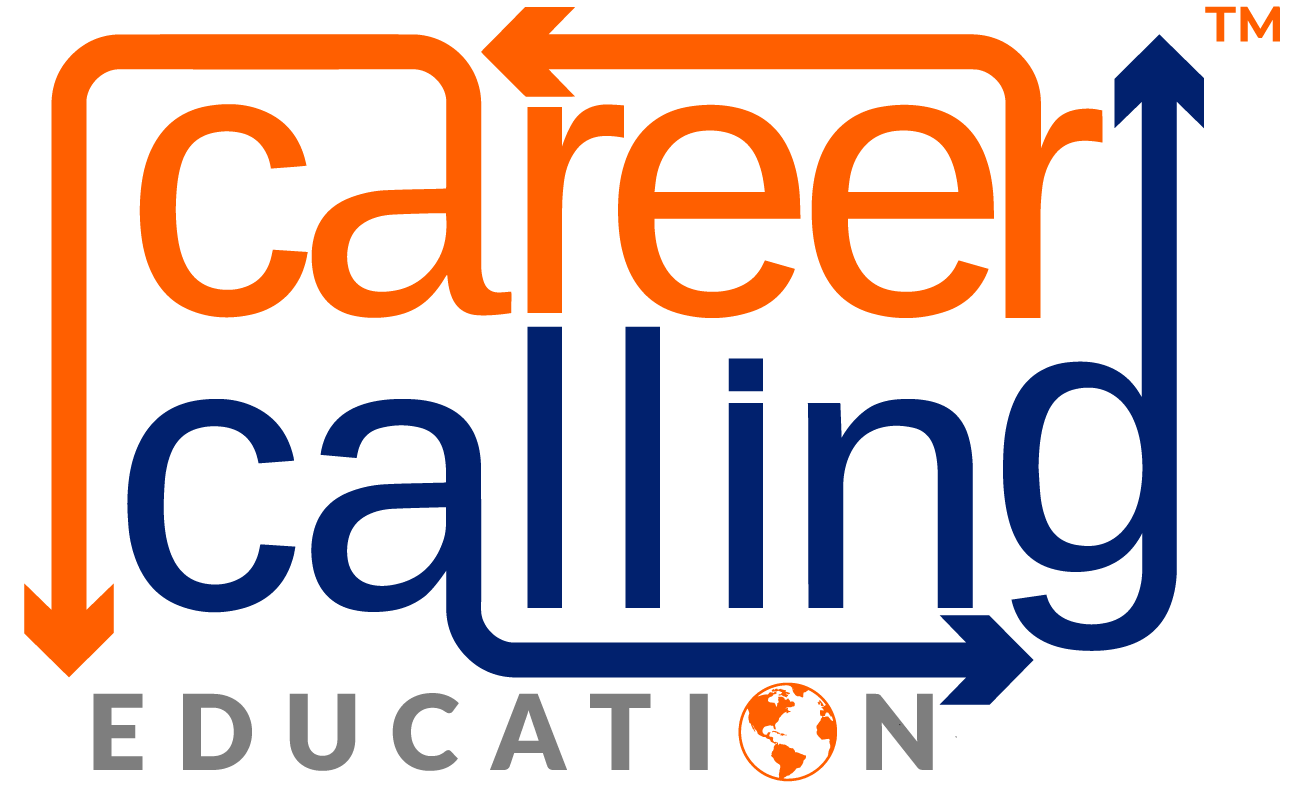
 Enrol Now
Enrol Now Info Pack
Info Pack
